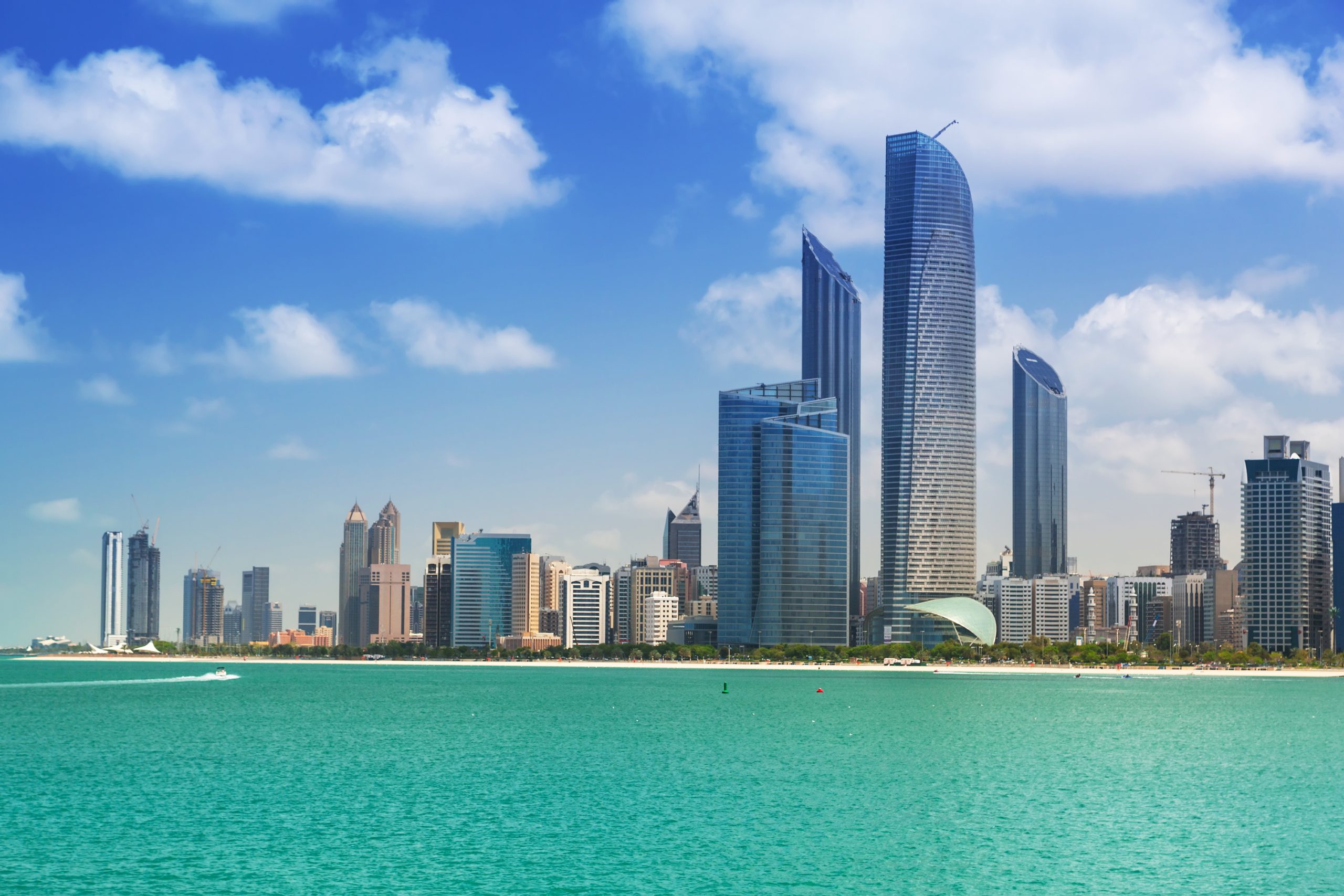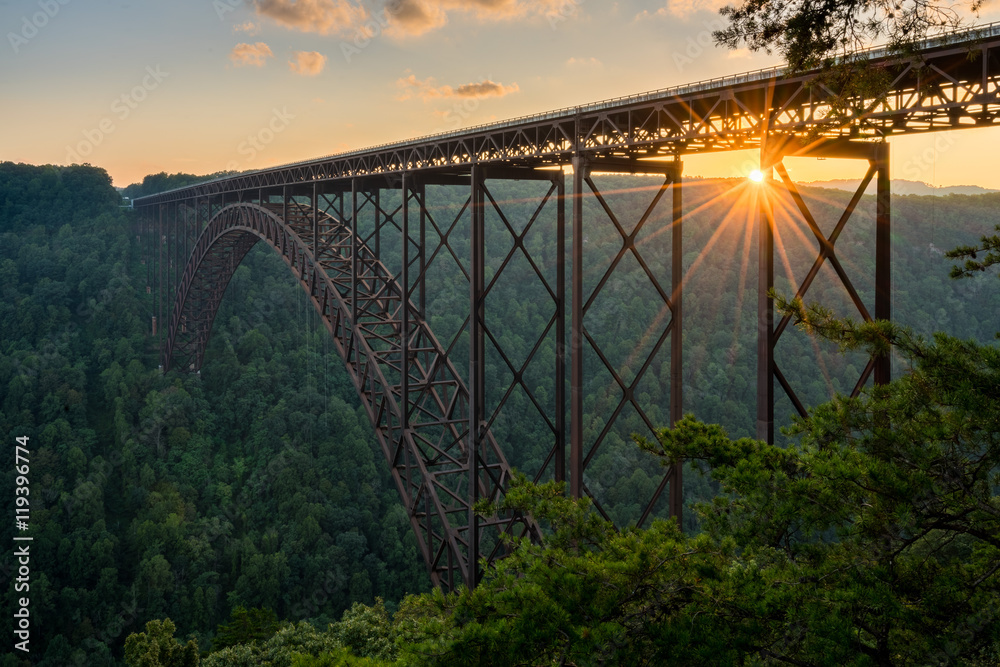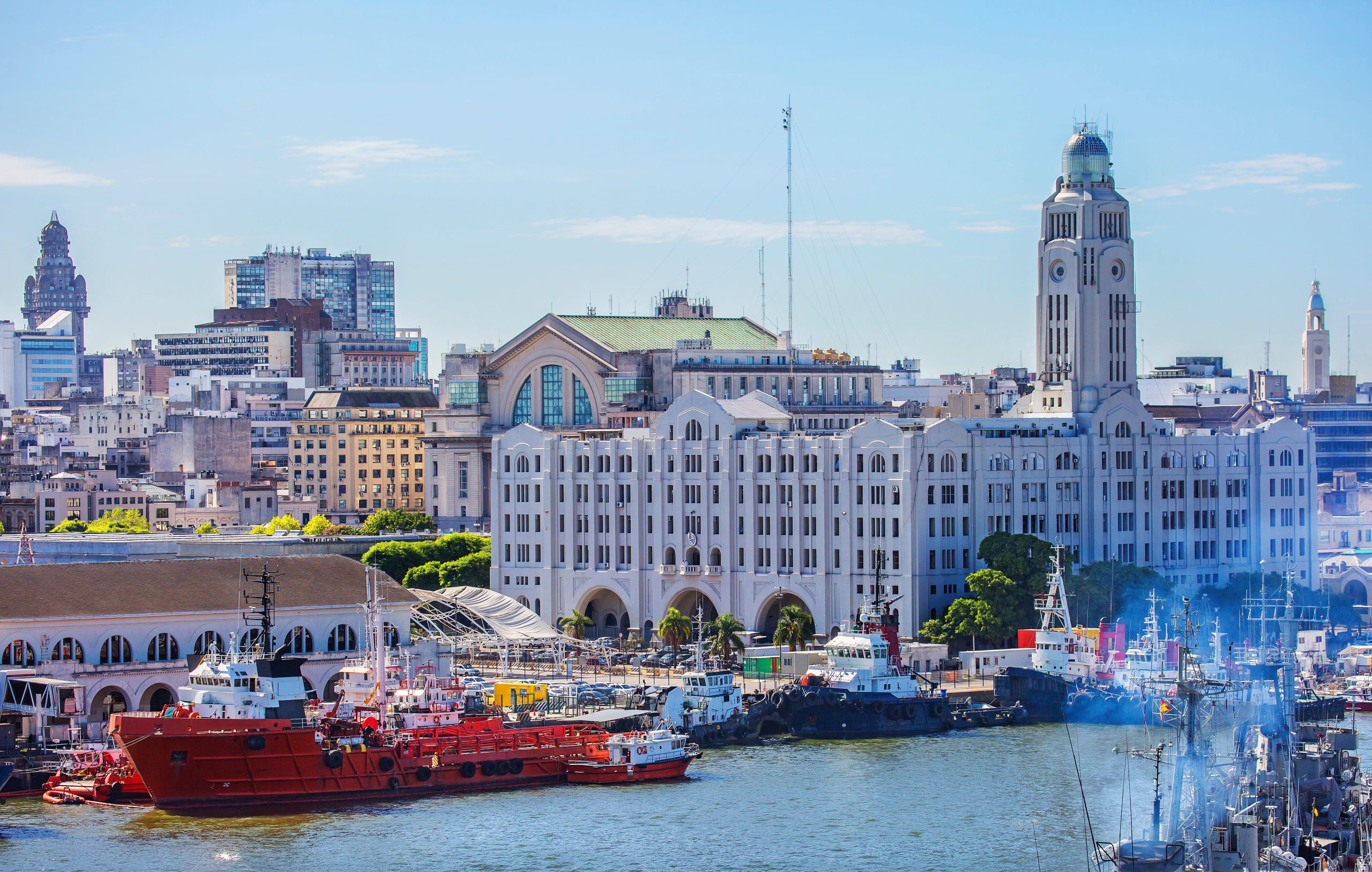Masdar and Bapco Energies to Develop up to 2 GW of Wind Projects

Abu Dhabi Future Energy Company PJSC – Masdar, the UAE’s clean energy powerhouse, has signed an agreement with Bapco Energies, the integrated energy company leading the energy transition in the Kingdom of Bahrain, to jointly explore the development and investment in wind projects in the Kingdom with a capacity of up to 2 gigawatts (GW).
Marking a strategic entry into the Bahrain market for the UAE’s clean energy champion, the agreement for near-shore and offshore wind farms is Masdar’s first in the Kingdom and will be the first project of its kind in the region and the Middle East.
At up to 2GW, this clean energy collaboration will support the Kingdom of Bahrain to accelerate the decarbonization of critical industrial sectors and open avenues to develop new market sectors. The Kingdom of Bahrain aims to reduce emissions by 30 percent by 2035 and achieve net-zero emissions by 2060, as outlined in its National Energy Strategy.
Masdar Chief Executive Officer, Mohamed Jameel Al Ramahi, said:
As a global clean energy pioneer, Masdar will utilize its well-established expertise and track record in delivering wind energy projects globally, both onshore and offshore. It is a privilege to be supporting the Kingdom of Bahrain to achieve its net zero ambitions and power a more sustainable future.
Bapco Energies Group Chief Executive Officer, Mark Thomas said:
Today marks a significant milestone in Bapco Energies’ pathway towards sustainable energy development. Our partnership with Masdar demonstrates our commitment towards diversifying the Kingdom of Bahrain’s energy mix to include cleaner energy sources, underscoring our role as leaders in renewable energy development. This strategic collaboration signifies a bold step towards realizing the ambitions outlined in Bahrain’s National Energy Strategy, propelling us closer to our net-zero goals. Together, we will pave the way for a more sustainable and resilient future for generations to come.
Masdar has developed a number of landmark wind projects across the world, including the 400MW Dumat Al Jandal wind farm, the largest in the Middle East and the first in Saudi Arabia, the 630MW London Array offshore wind project in the United Kingdom which powers half a million British homes and the 103.5MW UAE Wind Program, which utilizes innovative technology to capture low wind speeds at utility scale.
Masdar is aiming for a renewable energy portfolio capacity of 100GW by 2030, as well as supporting the target set out in The UAE Consensus to triple global renewables capacity by the end of this decade, and aims to be a leading producer of green hydrogen by the same year.
Bahrain moves to expand both hydrocarbons and renewable energies
Oil was first discovered in Bahrain in 1932, making it the oldest oil-producing market in the Gulf region. After several years of stasis due to the Covid-19 pandemic, the kingdom’s energy industry is seeing a renewed pace of activity. Though Bahrain does not produce as much oil as its larger neighbors, the energy industry remains a vital part of the national economy. This has been helped by a large-scale oil and gas discovery in 2018 and the upgrade of the country’s main refinery in Sitra.
Bahrain is also beginning to ramp up investment in renewables as it works towards its goal of reaching net-zero carbon emissions by 2060. The spike in oil prices in early 2022 could offer further incentive for Bahrain to expand its green energy capabilities.
Alongside several other GCC countries, Bahrain is attempting to transition its energy mix away from fossil fuels and towards renewable sources. In line with this, in 2021 the kingdom committed to reaching net-zero carbon emissions by 2060. Under its National Renewable Energy Action Plan (NREAP), Bahrain has set a target of meeting 5% of its energy needs with renewables by 2025. In November 2021 international media reported that the country had already achieved 95% of this target. In order to achieve these objectives, Bahrain will need 280 MW of electricity generation capacity from renewables by 2025, increasing to 710 MW by 2035.
According to the Sustainable Energy Authority (SEA), the country is targeting solar, wind and energy from waste to hit these targets. Given Bahrain’s climate, solar energy is a vital part of the kingdom’s clean energy mix, accounting for 93% of its renewable capacity in 2020.
In November 2021 the government inaugurated the Batelco solar plant, which can produce some 1600 MW of power and is expected to reduce the country’s carbon emissions by around 900 tones. There is also a project under way to develop a solar plant at Askar on the country’s south-eastern coast, which would provide 100 MW of capacity.
To offset the kingdom’s relative scarcity in terms of available land, Bahrain is considering constructing floating solar panels in order to support the ongoing transition to green energy. Domestic private sector firms are also targeting the sector, with panel manufacturer Solar One contributing 2 MW of generation capacity to the grid as of February 2022, a figure expected to grow in the future.
In March 2022 the kingdom announced that it had successfully completed a project to develop a solar plant at the Bahrain International Circuit, which hosts the annual Bahrain Grand Prix Formula 1 race. In seven months 7125 solar panels covering 18,000 sq metres were installed, meaning that the energy requirements of the race weekend can now be fully supplied by green energy. Further phases of the project will allow the circuit’s energy needs to be met entirely from renewables, with a focus on improving energy and water efficiency, as well as plans for more solar deployment.
Offshore wind is also a promising sector due to of Bahrain’s favourable wind conditions and its shallow waters, which are conducive to the installation of wind farms. Other options being touted include connecting Bahrain and its GCC neighbors through a network of infrastructure facilities with renewable energy capabilities.

